Data is a crucial resource that aids in making decisions and fuels business growth. However, capturing and transferring data across disparate systems is difficult without efficient and viral2share.com/2022/01/04/the-benefits-of-document-management-workflows secure exchange methods. A well-designed platform for data exchange enables companies to streamline their data assets and monetize them, increase collaboration, foster regulatory compliance, and meet regulatory needs.
A data exchange is a structured method of sharing data products between different systems, either internally or with external stakeholders and partners. This typically involves using standardized formats and protocols to ensure data interoperability and integration. This can involve files transfers, direct connections to databases or message-based communications between applications.
Businesses are increasingly leveraging data to get an edge on the marketplace and meet consumer demand. This requires that all those involved have access to reliable and accurate information. Access to accurate and consolidated information can improve decision-making and efficiency. It can also enhance the customer experience. A seamless data exchange is essential for ensuring global continuity and compliance.
Data exchanges that are successful are the foundation for innovative business solutions that change industries. They require careful planning as well as considerations in relation to privacy, security and interoperability. For instance, when an organization is contemplating a variety of options for sharing and transferring data between diverse platforms, it’s important to evaluate the security advantages and risks of each approach. For instance connecting directly to databases might be the quickest and most reliable way to transfer large amounts of data however, it is not without possibility of losing control over the data.
